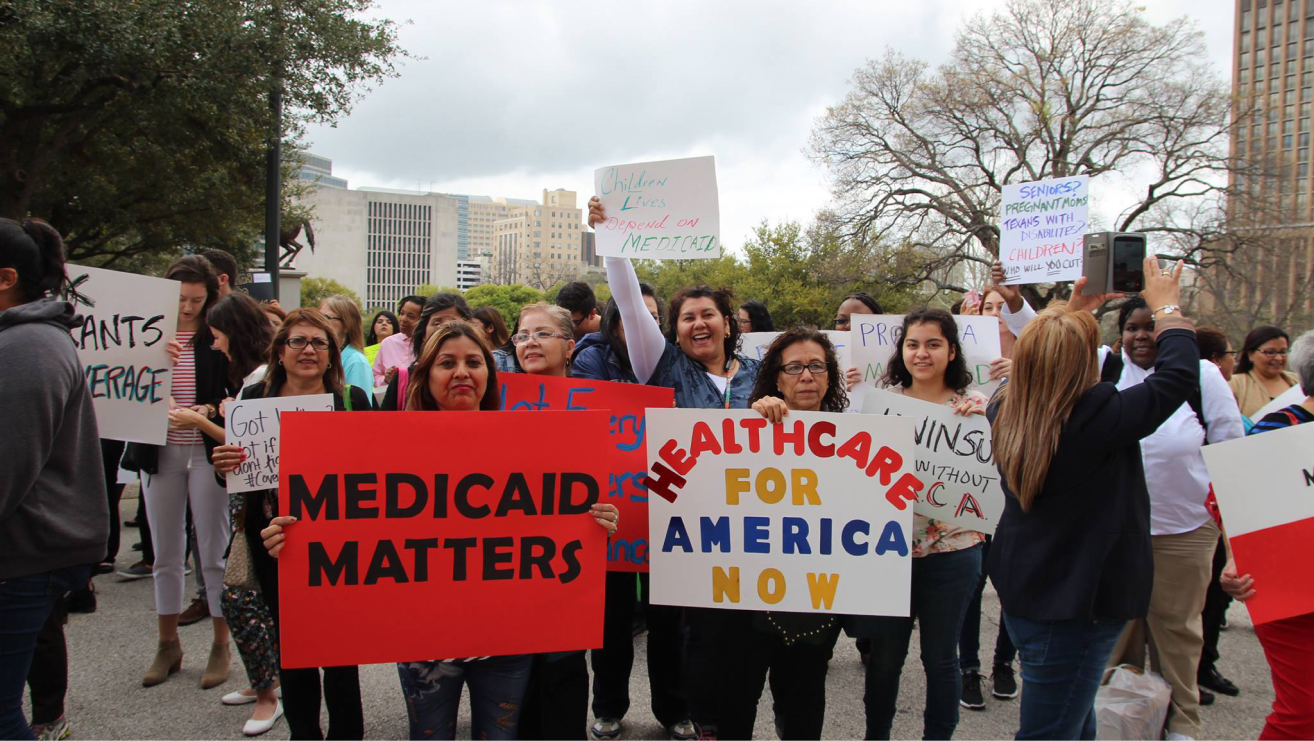Insurance coverage for parents and kids creates long-term success and health
Medicaid and CHIP work together to provide robust coverage for low- and middle-income children. We already know they have increased health insurance coverage rates for children, now at a remarkable 92 percent. These important public coverage programs have shielded families from the risk of high out-of pocket costs, they’ve increased access and they’re important tools for reducing health disparities for children of color. Finally, we know that CHIP has led to higher rates of entrepreneurship, and past expansions of Medicaid eligibility for children has been linked to higher earnings later in life. This month, the Institute for Research on Poverty released a new study that provides further confirmation that Medicaid and CHIP contribute to the long-term health and success of children.
The Institute for Research on Poverty at the University of Wisconsin-Madison found that expansions in Medicaid eligibility for low-income pregnant women in the 1980s and 1990s increased the likelihood that their children experienced upward mobility into adulthood. Their findings not only confirm the importance of Medicaid and CHIP for children and families, but also their importance for the country as a whole. When children succeed, everyone benefits, and robust, affordable health coverage is a key component of that success.
We must consider this new data in the context of the populations that these public programs serve. According to a report from the Kaiser Commission on Medicaid and the Uninsured, Medicaid and CHIP cover more than half of Hispanic children and Black children, compared to a little over a quarter of white and Asian children. We already know that economic security is deeply intertwined with health, and that health care coverage is a vital tool in keeping kids and parents healthy. Considering that Medicaid and CHIP play roles in increasing health care access for children of color and now also in helping low-income children climb the economic ladder, it is clear that Medicaid and CHIP are instrumental in combating health disparities and advancing health equity.
As some states debate closing the coverage gap, many others face tight budgets and are considering making cuts to their Medicaid programs, in many cases by rolling back parent eligibility or by limiting coverage for pregnant women. The connection between parent coverage and child coverage is clear, as is that between prenatal coverage, care, and future child health. This new study further demonstrates that covering parents and pregnant women is linked to a child’s success; it adds to the building evidence that investing in our Medicaid and CHIP programs means investing in the futures of our children and our communities. We applaud Congress for extending CHIP funding for two more years, and we hope that decisions surrounding Medicaid – at the federal and the state levels – allow the program to continue to provide robust coverage and improve outcomes.
